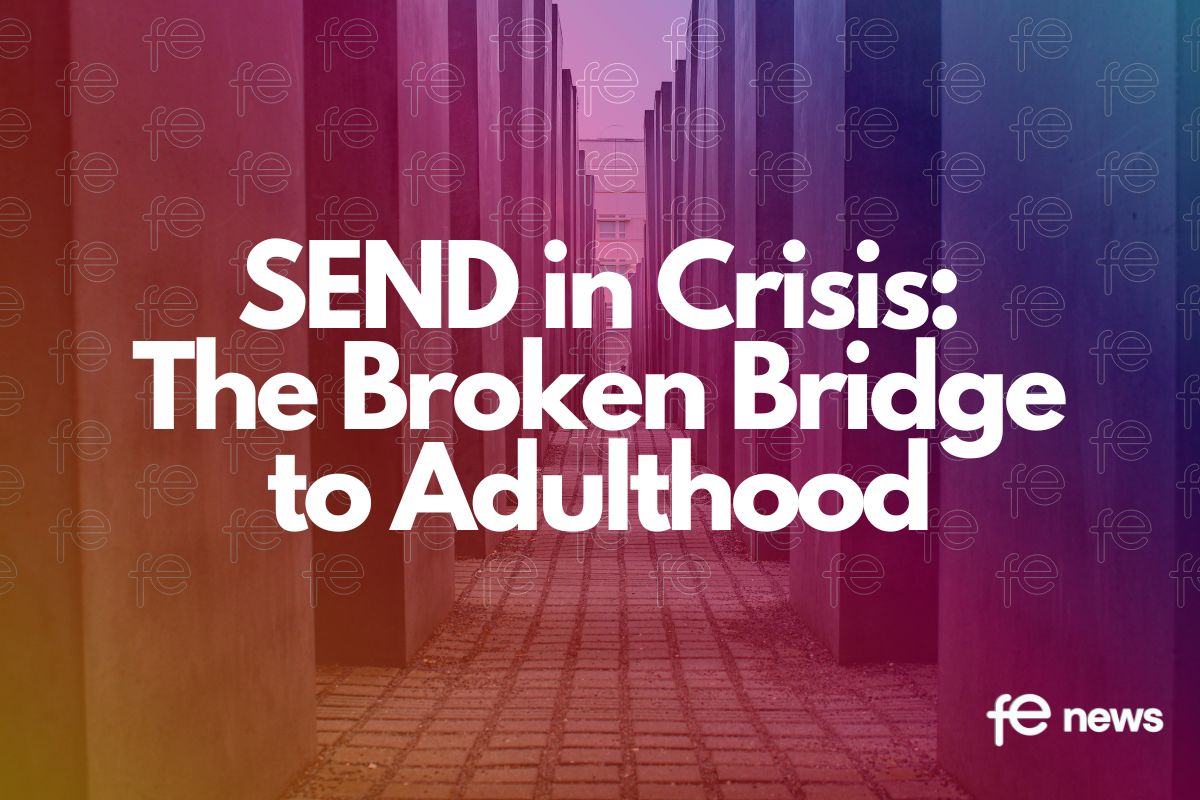An Ageing Population and its implications for education

DEMOGRAPHY AND COLLEGE LEADERSHIP #AgeingPopulation
The median age of the UK population is just shy of 40 (39.9), and is due to hit 42.2 in 2030. The largest single 5-year age-group in the population is those aged 50-54; in 2018 there were 4.67 million of them. People over the age of 50 make up around one third of the UK’s workers, and two-thirds of the much vaunted increase in employment since 2011.
The shape of the population, as a whole and at work, is changing. This affects us all – not only those of us who fall into the older age brackets. The ageing of a population has implications for all generations, in themselves and in their relationships with each other – as colleagues, family members, carers and fellow-citizens. Most of these roles and relationships generate interesting learning opportunities – or should do if educational providers are alert to them.
By their nature these demographic trends have not exactly been difficult to discern, even if the precise numbers are not always easy to predict. Almost all of those aged over 50 have been around for quite a while, and it’s common knowledge that longevity has been increasing steadily (until very recently, at least). But what has been the response of the education system to population ageing? The words cold and shoulder spring to mind.
Across all adult age groups participation in adult learning has dropped
Regular surveys having been going for upwards of 20 years, and now show the lowest rates in their history, at 37%. The largest drop since 2105 has been amongst adults aged 45-54, a fall of 9 points.
In further education colleges, those under 345 account for almost two thirds of all enrolments. This includes apprenticeships and skills training, but also community learning. Only 1 in 5 of FE students is over 45.
Higher education is significantly worse. The data published by the HESA does not even break down age groups beyond the age of 30. Between 2014 and 2018 the proportion of students in the age ‘group’ 30+ declined from 23% to 20%. Part-time degrees and extramural departments have shrivelled dramatically.
Hardly a promising foundation, then on which to build a platform for the coming decade. But I believe this is a challenge that college leaders cannot avoid.
Here are some components of an agenda for meeting that challenge:
1. Establish a clear mission which incorporates demographic change
Not all colleges will choose to do this, but if they do it means taking literally the ‘lifelong’ in lifelong learning. Mission statements should be more than fine-sounding phrases, and a true commitment to adults sends a powerful message.
2. Gathering effective local/regional intelligence
Colleges should make sure that they have appropriate information and analysis – not just statistics on the population, but an effective understanding of the needs of the population as a whole.
3. Building and supporting a range of partnerships
Providing learning opportunities for an ageing population means working with the NHS and health agencies, obviously, but also with community organisations of various kinds. A crucial task for leaders is to make it clear to college staff that fashioning such partnerships is a priority and will be supported.
4. Intergenerational work
Colleges are now one of the few public places where people from different generations can naturally come together, interact and learn from as well as with each other. Such intergenerational work may involve formal courses, but extend to providing the physical and cultural space for better interaction between students of different ages.
5. Rethinking ‘careers’
It’s a cliché that the linear career is no longer a model. It never was for many people, especially women, and longer working lives mean that a steadily progressing upward trajectory is largely fantasy. If colleges are serious about their guidance function they need to rethink their offer. All kinds of transitions, some of them quite extended, are emerging in the way people put together C21 careers.
6. Funding and accountability
No college leader – or anyone associated with further education – needs to be told that funding is an issue. Even the government might now be recognising this, following the Augar report. Beyond the simple need for better funding is the need for greater discretion in how that funding is used.
Excessively tight rules inhibit the kinds of innovation needed, such as the partnerships referred to earlier. Linked to this is the need for better accountability – which takes us all the way back to missions. Colleges will need to be able to tell good, accurate stories on how they have fulfilled their particular missions in respect of their designated communities.
Professor Tom Schuller is a former Dean of Lifelong Learning at Birbeck University
From 2009-18 Tom was chair of the Governing Body of the Working Mens College.
Leadership, Learning and Demographics: the changing shape of the life course and its implications for education, by Tom Schuller, will be published by the Further Educational Trust for Leadership today (Feb 11).











Responses